When comparing the Volkswagen 1.8T vs 2.0T engines, you’ll notice distinct differences in performance, efficiency, and reliability. The 1.8T engine offers a balance of power and fuel economy, making it ideal for daily commutes. On the other hand, the 2.0T delivers higher horsepower and torque, appealing to drivers seeking a sportier experience. Each engine has unique strengths and potential drawbacks, from turbocharger response to long-term durability. Understanding these differences will help you choose the engine that best matches your driving style and priorities.
Key Takeaways
-
The 1.8T engine gives good power and saves gas. It’s great for daily drives and long trips.
-
The 2.0T engine has more power and speed. It’s perfect for drivers who want a sporty feel.
-
Both engines can be upgraded, but the 1.8T costs less and is easier to change for car fans.
-
Taking care of both engines is very important. Skipping maintenance can cause expensive problems.
-
Driving both engines can show you how they feel and perform. This can help you choose the right one.
Performance Comparison
Power and Torque
When comparing the 1.8T engine to the 2.0T, the difference in power output becomes clear. The 1.8T engine delivers 170 horsepower and 184 lb-ft of torque, making it a solid choice for drivers who prioritize efficiency without sacrificing performance. However, the 2.0T engine steps up the game with 210 horsepower, offering a noticeable boost in power for those seeking a more dynamic driving experience.
Interestingly, the 1.8T engine has significant tuning potential. With modifications, it can exceed 300 horsepower, rivaling the performance of older sports cars. This flexibility makes it appealing to enthusiasts who enjoy customizing their vehicles. The 2.0T, while powerful out of the box, also offers room for upgrades, but its higher baseline performance often satisfies drivers without additional tuning.
Acceleration and Speed
The 2.0T engine outpaces the 1.8T in acceleration. While the 1.8T achieves a 0-60 mph time of 7.0 seconds, the 2.0T completes the same sprint in less time, providing a quicker and more exhilarating experience. This difference stems from the 2.0T’s higher horsepower and torque output, which translates to better overall performance on the road.
|
Engine Type |
Horsepower |
Torque (lb-ft) |
0-60 mph Time |
|---|---|---|---|
|
1.8T |
170 |
184 |
7.0 seconds |
|
2.0T |
210 |
Not specified |
Quicker than 1.8T |
For highway driving, the 2.0T’s additional power ensures smoother overtaking and a more confident feel at higher speeds. The 1.8T, while slightly slower, still provides reliable performance for everyday use.
Turbocharger Response
Turbocharger response, or turbo lag, is another critical factor in engine performance. The 1.8T engine exhibits a slight delay in turbo response, which may be noticeable during rapid acceleration. This characteristic is common in smaller turbocharged engines. The 2.0T, with its larger displacement and advanced engineering, minimizes turbo lag, delivering a more immediate and responsive feel.
For city driving, the 1.8T’s turbo lag might not significantly impact your experience. However, if you prefer a sportier and more engaging drive, the 2.0T’s quicker turbocharger response will likely suit your needs better.
Fuel Efficiency
City MPG
When evaluating city fuel efficiency, both the Volkswagen 1.8T and 2.0T engines perform similarly in standardized testing. The EPA rates both engines at 24 miles per gallon (MPG) in city driving conditions. This parity makes the 1.8T and 2.0T equally appealing for urban commutes. However, real-world observations reveal slight variations. For example:
-
A 1998 Passat 1.8T owner reported achieving 31 MPG in mixed driving conditions.
-
Drivers in New York City noted city MPG for the 1.8T ranged between 18 and 19, depending on driving habits and traffic patterns.
These differences highlight how driving style and environment can influence fuel efficiency. If you frequently navigate stop-and-go traffic, the 1.8T may offer slightly better results with careful throttle management.
Highway MPG
Highway fuel efficiency is where the 1.8T engine shines. In EPA testing, the 1.8T achieves 35 MPG on the highway, outperforming the 2.0T’s 33 MPG rating. This advantage makes the 1.8T a strong contender for long-distance travel. Real-world tests further support this:
|
Engine Variant |
City MPG |
Highway MPG |
Combined MPG |
|---|---|---|---|
|
1.8T |
25 mpg |
35 mpg |
29 mpg |
|
2.0T |
23 mpg |
33 mpg |
27 mpg |
Drivers who prioritize fuel savings during highway trips may find the 1.8T more economical. However, the 2.0T compensates with its higher power output, which provides smoother overtaking and a more confident driving experience.
Real-World Observations
Real-world fuel efficiency often deviates from EPA ratings due to driving conditions and habits. For the 1.8T engine, users report highway MPG ranging from 26 to 30, depending on throttle usage and vehicle maintenance. Some drivers achieve up to 450 miles per tank with careful driving. The 2.0T engine, while slightly less efficient, delivers consistent performance across varied driving patterns.
Tip: To maximize fuel efficiency, avoid aggressive acceleration and maintain steady speeds during highway driving. Regular maintenance, such as tire pressure checks and oil changes, also plays a crucial role in optimizing mileage.
Both engines offer respectable fuel economy, but your choice should depend on your driving environment and priorities. If you value efficiency for long trips, the 1.8T may be the better option. For a balance of power and reasonable mileage, the 2.0T remains a solid choice.
Reliability
Common Issues with the 1.8T
The 1.8T engine is known for its balance of performance and efficiency, but it does have some common reliability concerns. One frequent issue involves oil pressure. Drivers often report oil sludge buildup, especially if oil changes are neglected or incorrect oil is used. This can lead to reduced lubrication and, in severe cases, engine damage. To avoid this, you should follow a strict maintenance schedule, including oil changes every 3,000 miles.
Turbocharger wear is another concern. Some users have reported needing to replace the turbocharger before reaching 100,000 miles. However, with proper care and high-quality oil, the 1.8T engine can last well beyond 200,000 miles. For example, one driver shared that their 2001 Audi A4 1.8T surpassed 350,000 miles with regular maintenance, showcasing the engine’s potential longevity.
Common Issues with the 2.0T
The 2.0T engine offers more power than the 1.8T, but it also comes with its own set of challenges. Turbocharger failure is a recurring issue, often linked to poor fuel quality or delayed maintenance. One user reported replacing both the turbo and catalytic converter due to these factors. Additionally, some drivers have experienced mechanical problems, such as timing chain tensioner failures, which can lead to costly repairs if not addressed promptly.
Despite these concerns, the 2.0T engine can remain reliable with consistent servicing. A 2007 2.0 SE owner noted that their engine, with over 150,000 miles, continues to run smoothly. Regular oil changes and timely replacements of worn components are essential to maintaining the engine’s durability.
Maintenance Costs and Durability
Both engines require diligent maintenance to ensure long-term reliability. The 1.8T engine tends to have slightly lower maintenance costs, but its oil pressure issues can lead to expensive repairs if ignored. The 2.0T engine, while more powerful, may incur higher costs due to its more complex design and potential for turbocharger or timing chain repairs.
With proper care, both engines can achieve impressive mileage. The 1.8T engine has been known to exceed 300,000 miles, while the 2.0T can also reach similar figures with regular servicing. To maximize durability, you should prioritize high-quality oil, timely filter replacements, and addressing any warning signs promptly.
Tip: Always use manufacturer-recommended oil and fuel to prevent premature wear and costly repairs. Regular inspections can help you catch minor issues before they escalate.
Driving Experience
Handling and Responsiveness
The handling and responsiveness of a vehicle significantly impact your driving experience. The 1.8T engine, known for its rapid turbo spool characteristics, delivers a strong response during acceleration. Test results show it achieves 5 psi at 2500 RPM, 10 psi at 2900 RPM, and full boost at 3400 RPM. This quick turbo response ensures smooth transitions from vacuum to positive boost, particularly above 3500 RPM, where the acceleration feels notably powerful. This makes the 1.8T engine ideal for city driving and tight cornering.
The 2.0T engine, designed specifically for performance-oriented models like the Volkswagen Golf, offers even greater responsiveness. Its higher power output and advanced engineering provide a more dynamic feel, especially during high-speed maneuvers. Drivers often describe the 2.0T as more stable and composed when navigating sharp turns or sudden lane changes. If you prioritize precision and agility, the 2.0T may better suit your needs.
Comfort and Noise
Comfort and cabin noise levels are essential for an enjoyable drive. The 1.8T engine, while efficient, can produce noticeable noise during heavy acceleration due to its smaller displacement and turbo characteristics. However, many drivers appreciate its smooth operation during steady cruising. A 1998 Passat 1.8T owner shared their positive experience, highlighting the engine’s balance of performance and comfort for daily use.
The 2.0T engine, with its refined design, offers a quieter and more composed ride. Its advanced turbocharger minimizes intrusive noise, even under load. This makes it a better choice for long highway trips or those who value a serene cabin environment. Both engines provide comfortable rides, but the 2.0T edges ahead in noise reduction and overall refinement.
Daily Driving vs. Performance Use
Your choice between the 1.8T and 2.0T engines depends on your driving habits. The 1.8T engine excels in daily driving scenarios, offering a balance of fuel efficiency and sufficient power for commuting. Its rapid turbo spool and manageable performance make it a practical option for city dwellers or those who prioritize economy.
The 2.0T engine, on the other hand, caters to performance enthusiasts. Its higher horsepower and torque deliver a thrilling experience, whether you’re accelerating on the highway or tackling winding roads. Designed with performance in mind, the 2.0T provides a sportier feel without compromising reliability. If you enjoy spirited driving or need extra power for overtaking, the 2.0T is the clear winner.
Note: Both engines offer unique strengths. Consider your priorities—whether it’s efficiency, comfort, or performance—when deciding which engine aligns with your lifestyle.
Tuning and Upgrades
Tuning Potential
Both the 1.8T engine and the 2.0T engine offer impressive tuning potential, making them popular choices among enthusiasts. With proper modifications, you can significantly enhance horsepower and torque without sacrificing reliability. For example:
-
ECU remapping can boost the 1.8T engine’s horsepower from 90 hp to 116 hp and torque from 210 Nm to 265 Nm.
-
Similarly, the 2.0T engine can achieve gains of over 50% in power and torque, depending on the state of tune.
Upgrades like enhanced intake systems and precision fuel injection calibration further optimize torque across RPM ranges. Additionally, installing a 2.5-inch exhaust system can add approximately 10 hp to either engine. These modifications highlight the flexibility of both engines, but the 1.8T engine stands out for its affordability and ease of tuning, making it a favorite for budget-conscious drivers.
Upgrade Costs
The cost of upgrades varies depending on the modifications you choose. Basic tuning options, such as ECU remapping or a tuning box, typically cost between $500 and $1,000. More advanced upgrades, like high-performance exhaust systems or turbocharger replacements, can range from $1,500 to $3,000. The 1.8T engine generally has lower upgrade costs due to its simpler design and widespread availability of aftermarket parts. In contrast, the 2.0T engine may require more expensive components, reflecting its higher baseline performance.
If you plan to maximize the tuning potential of either engine, consider the long-term costs. High-quality parts and professional installation ensure reliability and prevent costly repairs down the line.
Risks of Modifications
While tuning offers exciting performance gains, it also comes with risks. Overloading the turbocharger or pushing the engine beyond its design limits can lead to premature wear or failure. For instance, aggressive tuning of the 1.8T engine may exacerbate its known oil pressure issues, while the 2.0T engine’s timing chain tensioner could fail under excessive stress. Additionally, improper calibration of fuel injection or turbo boost levels can reduce fuel economy and increase emissions.
To mitigate these risks, always work with experienced professionals and use manufacturer-recommended parts. Regular maintenance becomes even more critical after modifications. By taking these precautions, you can enjoy the benefits of tuning while preserving the longevity of your engine.
When comparing volkswagen 1.8t vs 2.0t engines, the differences in performance, efficiency, and reliability become clear. The 1.8T engine offers better fuel economy and lower maintenance costs, making it ideal for daily commutes and long highway drives. The 2.0T engine delivers higher horsepower and torque, providing a sportier driving experience and quicker acceleration.
If you prioritize efficiency and affordability, the 1.8T engine suits your needs. For drivers seeking dynamic performance and tuning potential, the 2.0T engine is the better choice. Evaluate your driving habits and budget to determine which engine aligns with your lifestyle.
Tip: Test drive both options to experience their handling and responsiveness firsthand. This will help you make an informed decision when choosing between volkswagen 1.8t vs 2.0t engines.


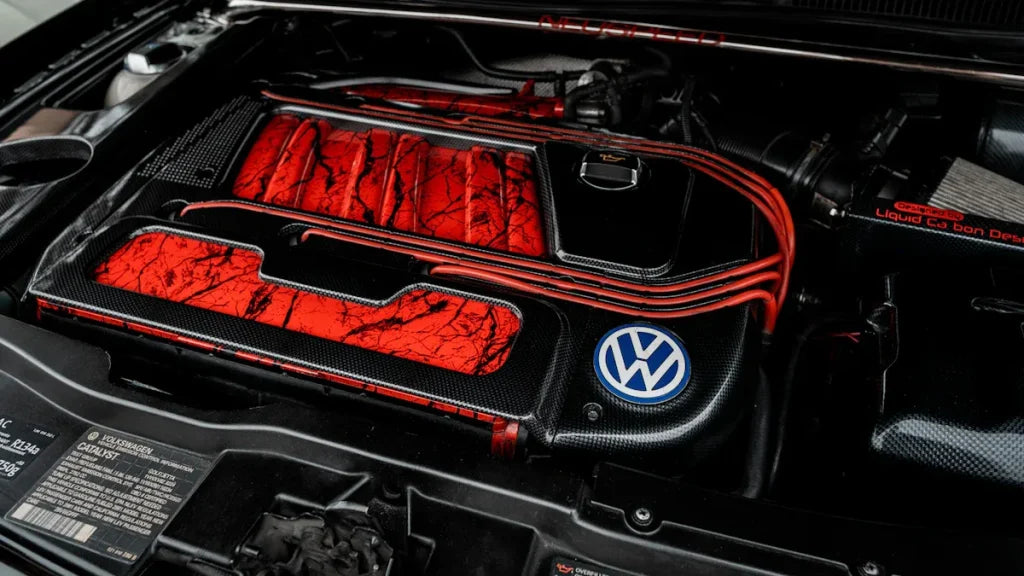
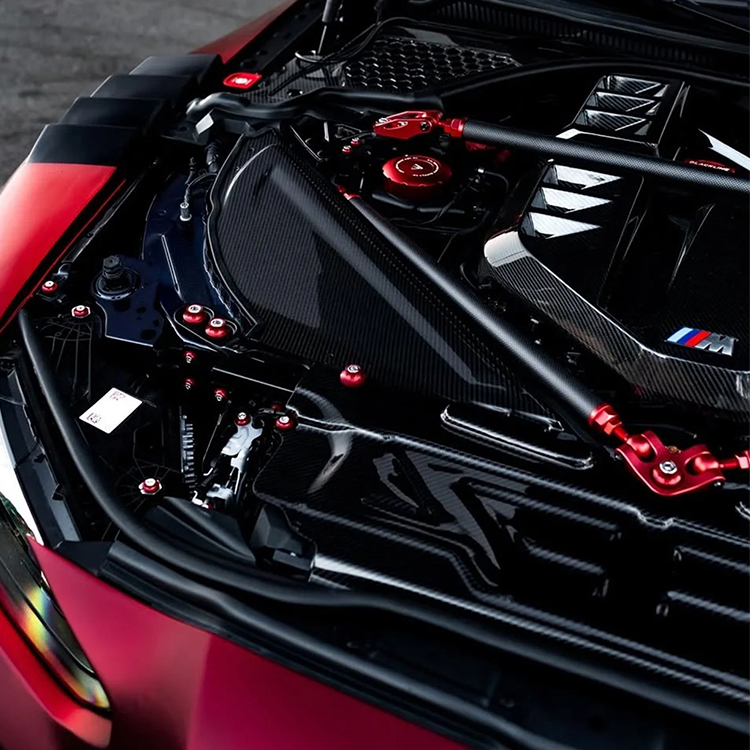
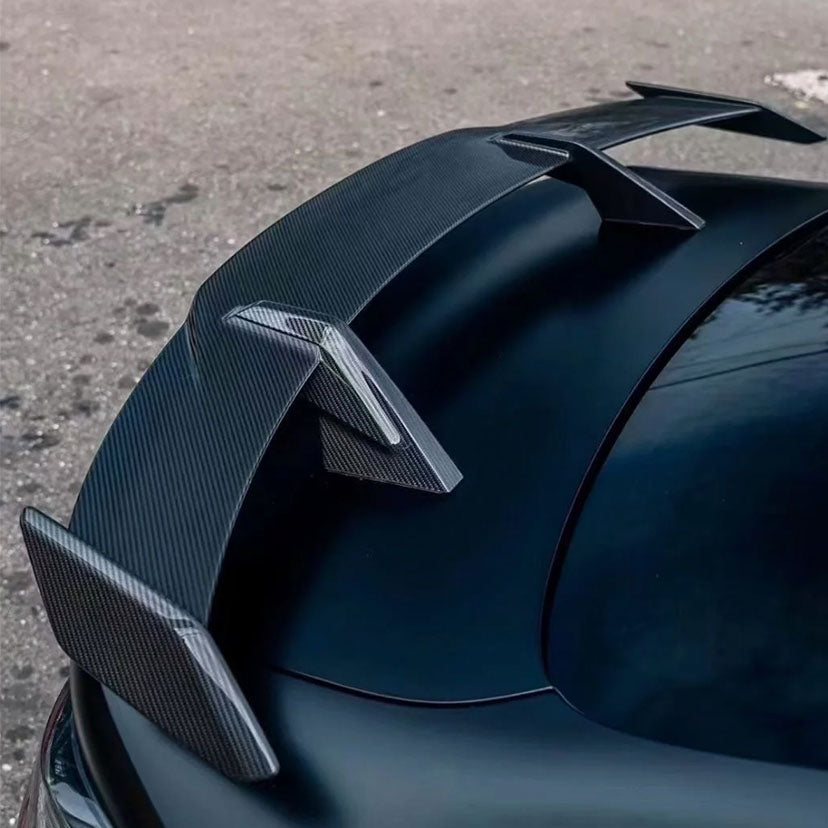
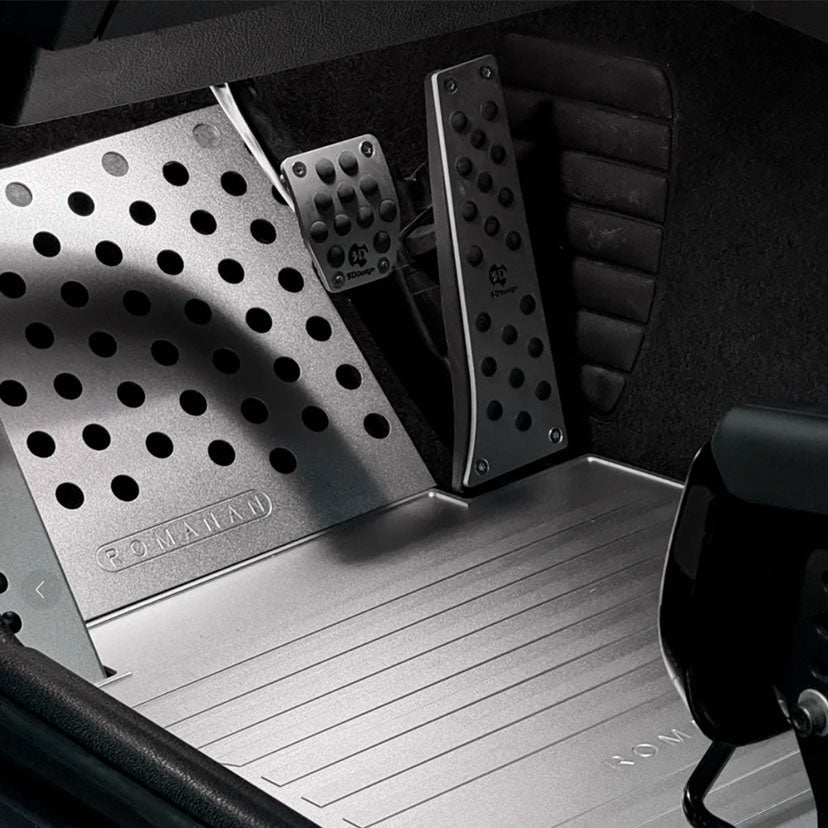

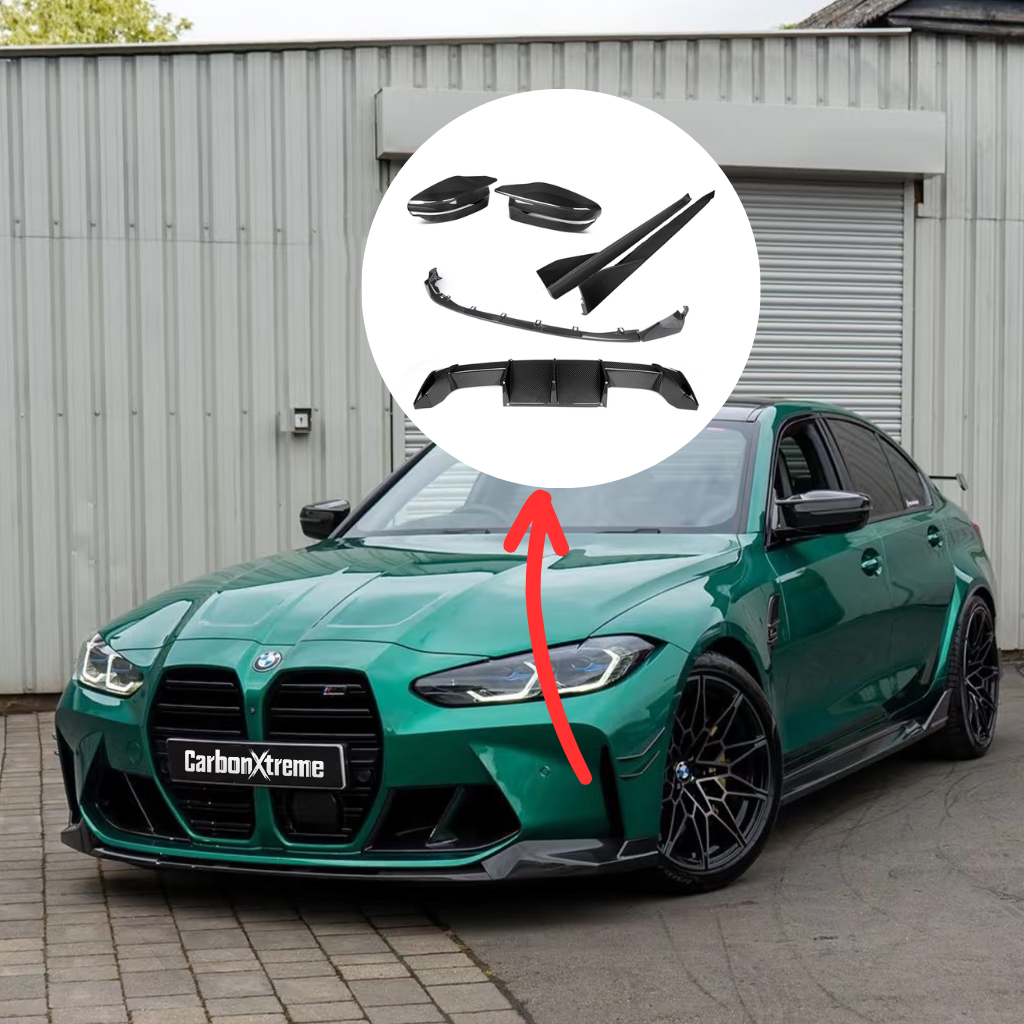
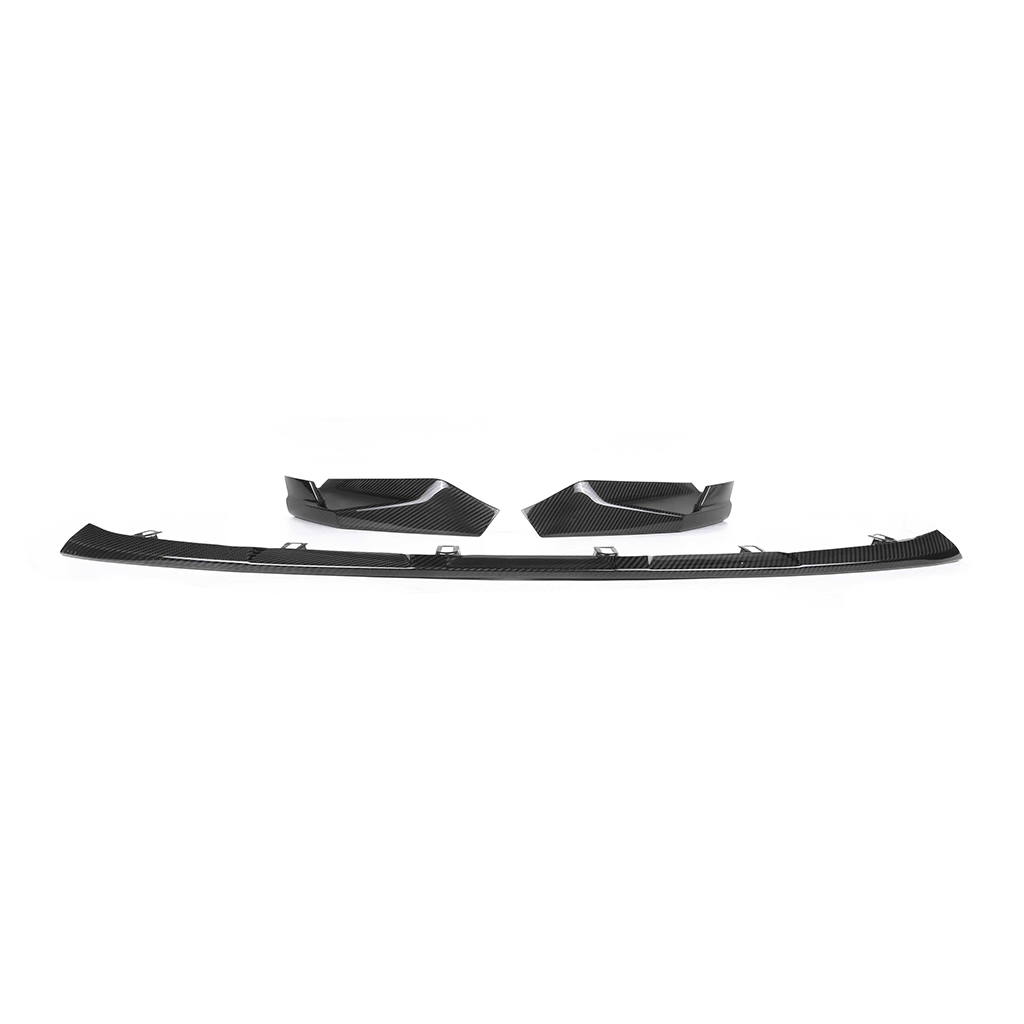
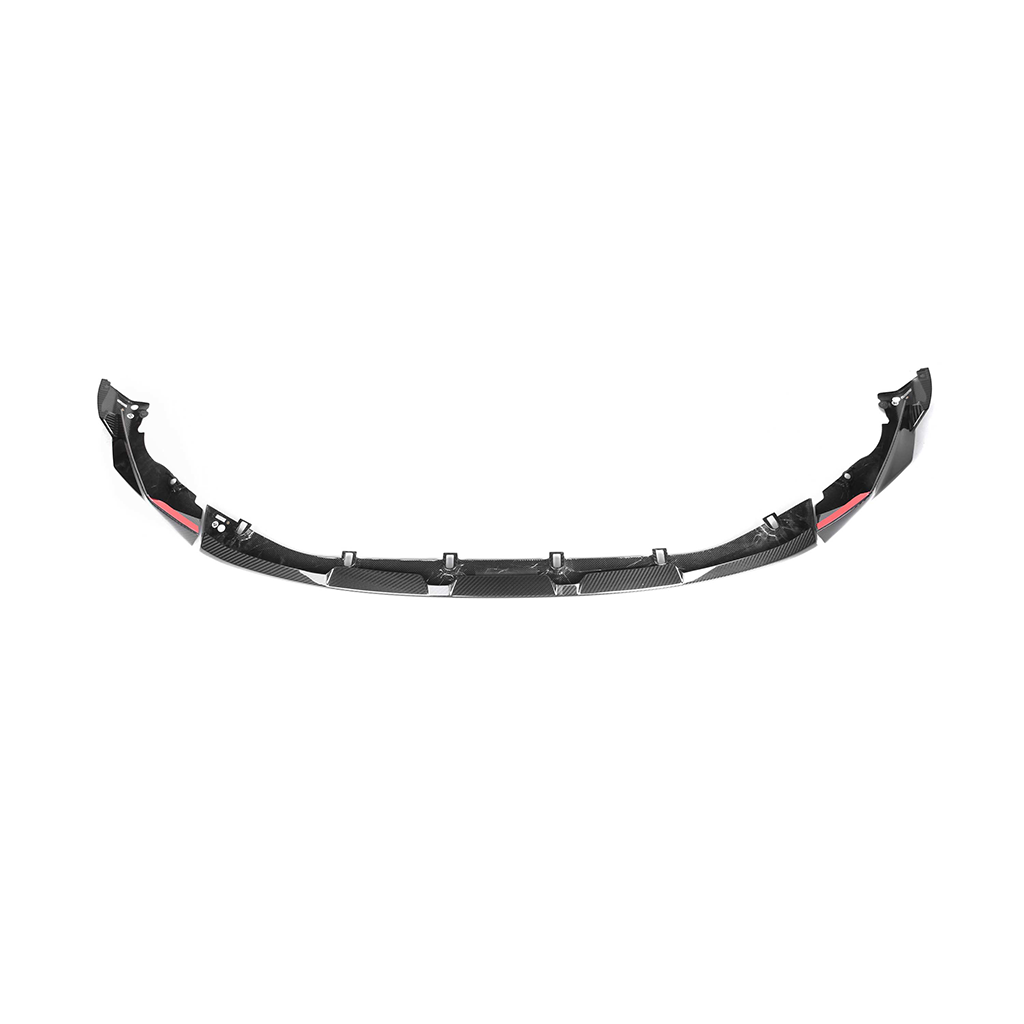
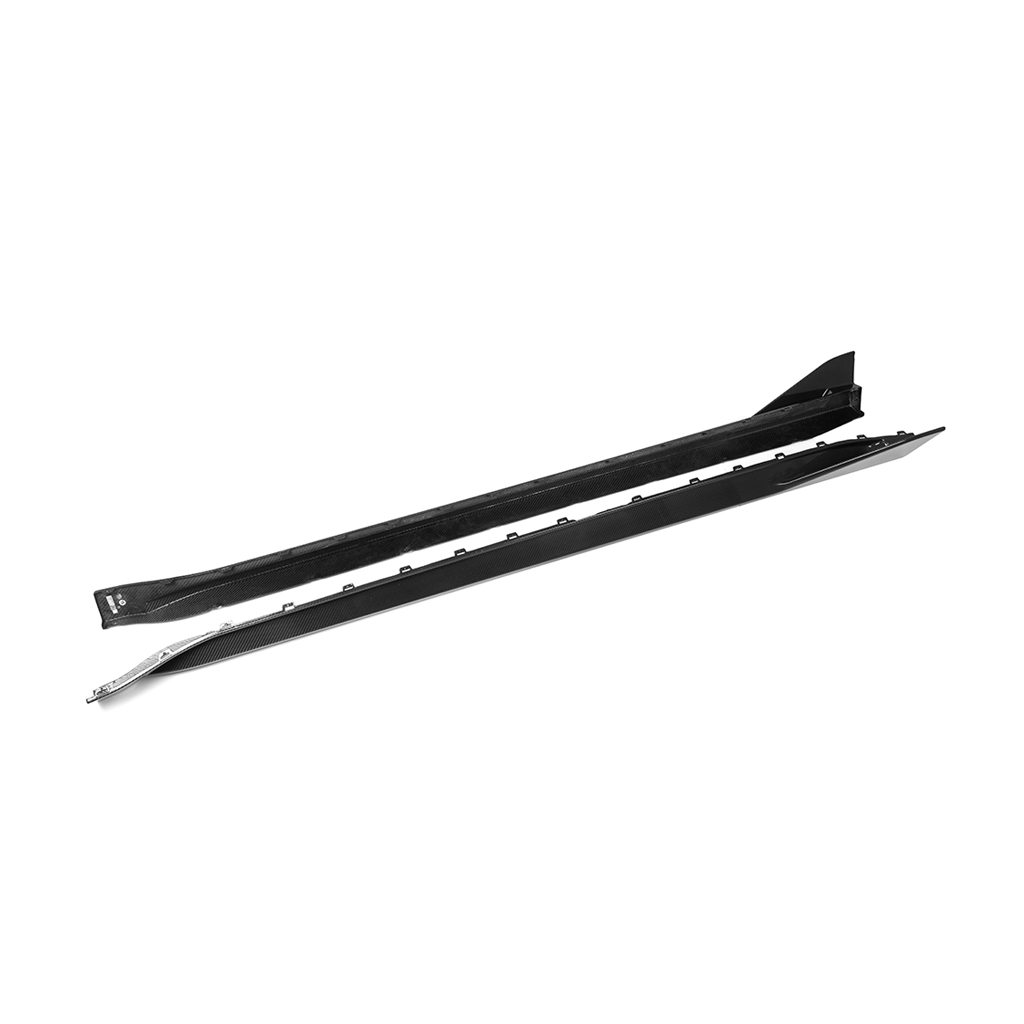
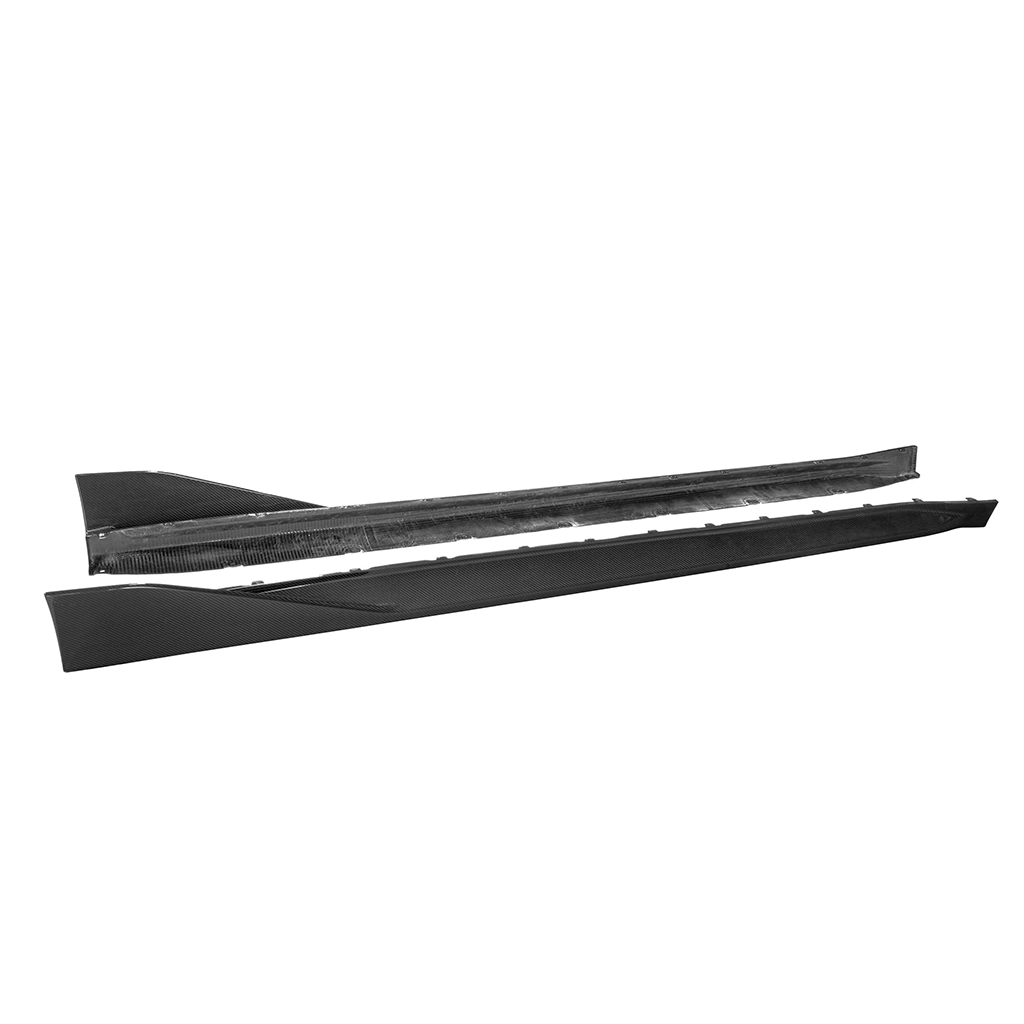
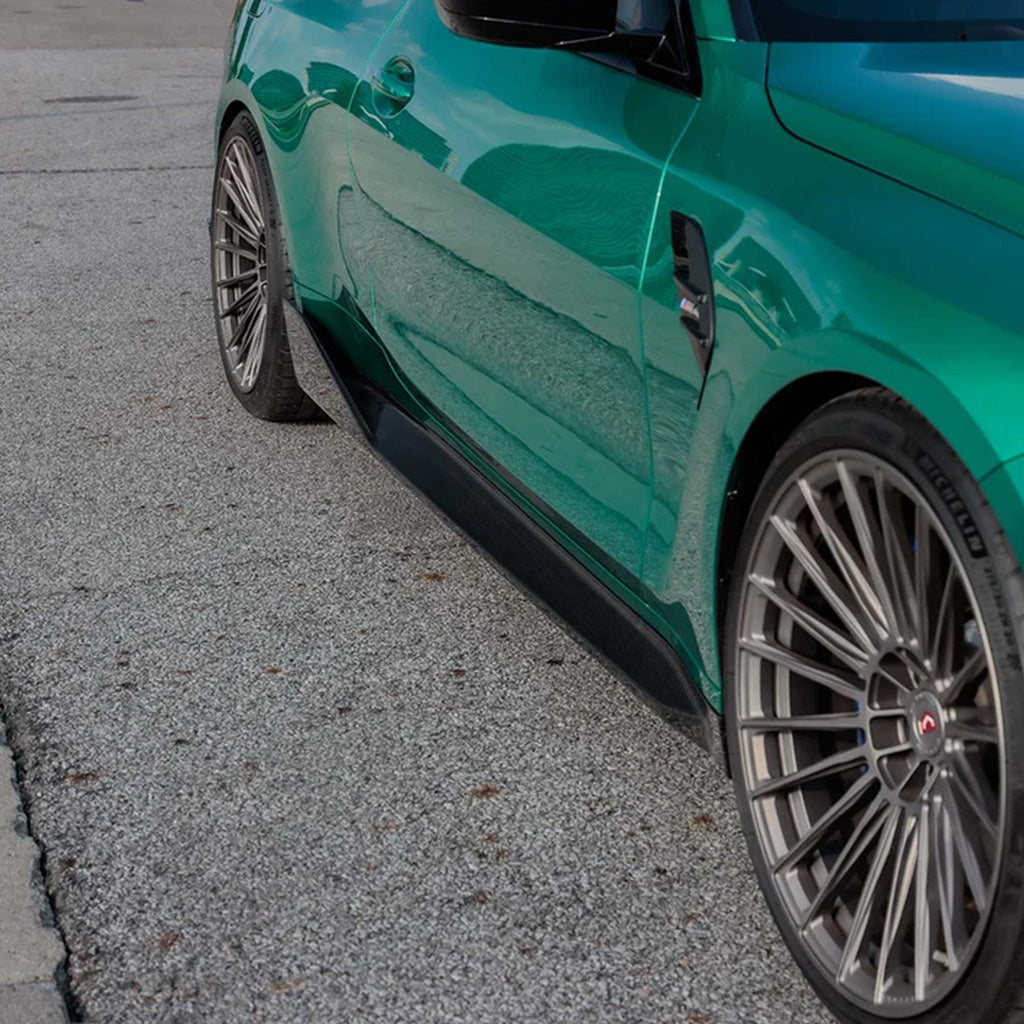





Share:
Mitsubishi 4G63 vs 4G64: A Comprehensive Performance and Tuning Comparison for 2025
Porsche 3.6L vs 4.0L: Performance and Power Compared